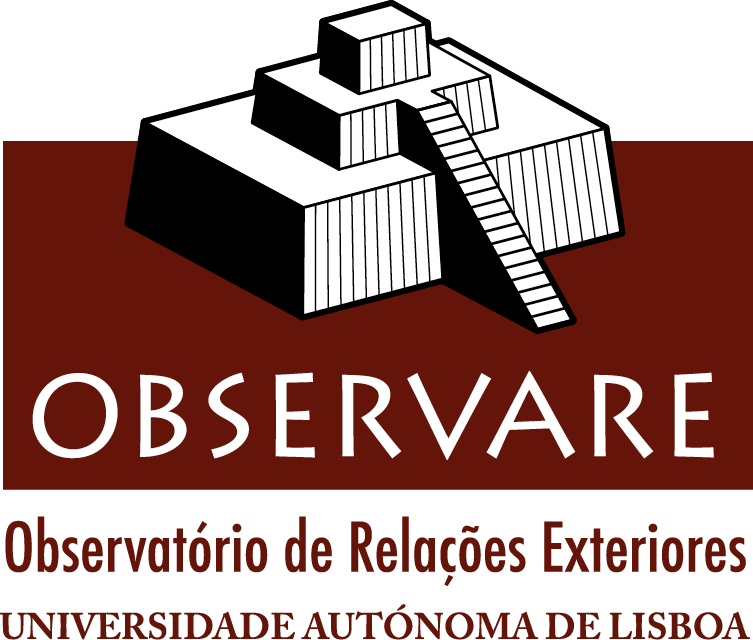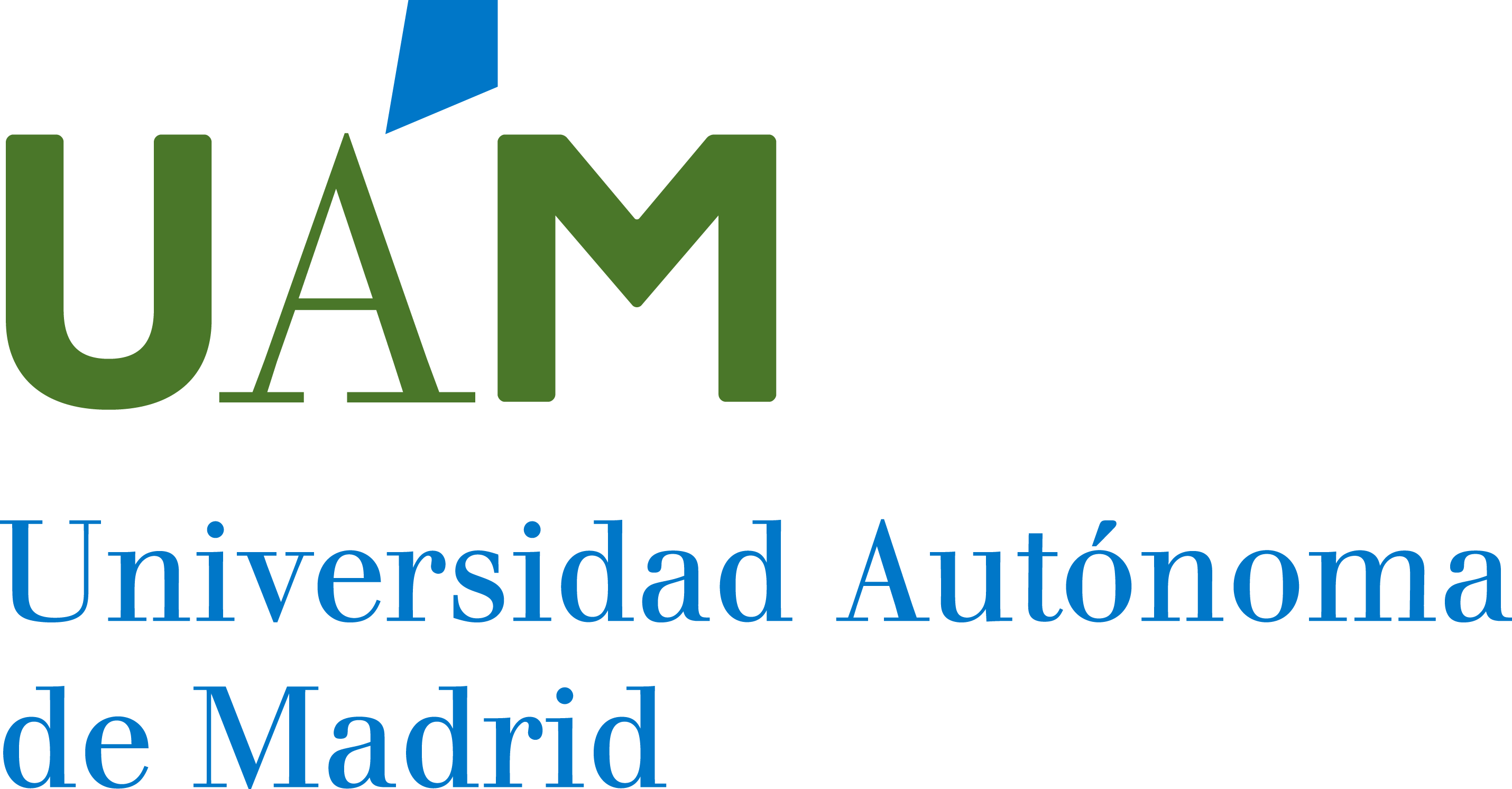
INTERNATIONAL SEMINAR ON THE (IN)STABILITY IN GUINEA-BISSAU
Lisbon, Portugal | October, 14th | 2022
INTERNATIONAL SEMINAR ON THE (IN)STABILITY IN GUINEA-BISSAU
Lisbon, Portugal | October, 14th | 2022
The event will start in
Day(s)
:
Hour(s)
:
Minute(s)
:
Second(s)
Sign-in to receive all the important information regarding this event including the Zoom link to participate online
In recent decades Guinea Bissau has been identified as one case of state fragility in Africa, plagued by pervasive neopatrimonialism with an outlook aggravated by the activity of narcotraffic criminal networks.
From independence in 1973 to the first multi-party elections held in 1994, the country experienced a relative stable PAIGC rule, first lead by Luís Cabral and then by João Bernardo Vieira who took power in a coup d’état in 1980.
Vieira would triumph in the first general elections in 1994 but would not see the end of his presidential term. In 1998 an army uprising lead to the first Guinea-Bissau civil war and the ousting of the president in 1999.
Most significant bilateral state interventions occurred by Senegal in the civil war and by Angola in 2011/2012 with the Missão Militar Angolana na Guiné-Bissau (MISSANG). The most significant multilateral actor is ECOWAS, first with a mission during the civil war (ECOMOG), then with a mission to replace MISSANG from 2012 to 2020 (ECOMIB), and it has just now been announced its return in the aftermath of the failed coup in February 2022.
Alongside these initiatives there have been attempts at Security Sector Reform (SSR) by the UN, EU and in the MISSANG and ECOMIB missions, while the UN has kept a Peacebuilding office in the country since the civil war up until 2020.
This instability prevents the country from overcoming structural and historical challenges which results that the social, economic and political indicators of Guinea-Bissau are worse than other countries in the Sub-Saharan region.
For instances, average income is less than half of the average PIB pc in Sub-Saharan Africa in 2018 and Guinea-Bissau ranks 178 out of 189 countries in the human development index.
Deadlines
Presentation of proposals
June 26th, 2022
Presentation of proposals should be sent to seminarguineabissau@autonoma.pt with an abstract (300 word) and short biography (10 lines) by June 26th, 2022.
Paper acceptance
June 30th, 2022
Accepted papers will be informed by June 30th, 2022.
Submission of full papers
September 11th, 2022
Full papers (6000 words) should be submitted by September 11th, 2022.
Provisional Programme
The seminar will take place in auditorium 1 of UAL with online transmission and will have simultaneous translation Portuguese<>English.
You must register in the form at the top of this page to receive the information to access the online Zoom session.
10h15-10h45 – Opening session
President of the Board of CEU/UAL – Prof. António de Lencastre Bernardo
Advisor do the Rector – Prof. José Guilherme Victorino
Director of OBSEVARE – Prof. Luís Tomé
Project manager – Prof. Ricardo Sousa
10h45-11h45 – Panel 1 – Domestic Politics
Moderator: Jara Cuadrado (UAM)
Explicando a fragilidade da Guiné-Bissau: o neopatrimonialismo sem desenvolvimento de um Estado “gatekeeper” agravado pela crimilegalidade.- Ricardo Sousa (UAL) e Jara Cuadrado (UAM)
In contrast to regime survival: Explaining instability through the analysis of political institutions under undemocratic regimes: The case of Guinea-Bissau 1994-2019 – Babiro Duro Djassi University of Makeni (UNIMAK) Sierra-Leone and Institute Polytechnic New Hope (Instituto politécnico Nova Esperança (Ipnove), Guinea-Bissau)
O papel desempenhado pelos partidos políticos no desenvolvimento do processo democrático da Guiné-Bissau: avanços e recuos – Wilson Pedro Té (IPRI-Nova)
The 2019 Legislative Election in Guinea-Bissau: Was Religion A Factor? – Rui Asano (Advanced Social Sciences, Waseda University)
11h45-12h45 – Panel 2 – Bilateral Actors
Moderator: Ricardo Sousa (UAL)
A Estratégia angolana na Estabilização das Forças de Defesa e Segurança da Guiné-Bissau – João Baptista de Jovita (IRI-USP, Instituto Superior Politécnico Alvorecer da Juventude – ISPAJ / Angola) e Vasco Alberto Quitela Suamo (IPRI-UNL/FCSH)
The relations between the People’s Republic of China and Guinea-Bissau in light of the current conditions on the African continent – Orazio Maria Gnerre (University of Perugia)
Cross-border conflicts: Cooperation mechanisms between Senegal, Gambia, and Guinea Bissau. The MFDC and the illegal exploitation of natural resources. – Maurice Dianab Samb (University of Alcalá)
12h45-14h00 – Lunch break
14h00-15h00 – Panel 3 – Multilateral Actors
Moderator: Luís Valença Pinto (UAL)
The institutional conflict prevention doctrine in the West of Africa – Jara Cuadrado (UAM) e Ricardo Sousa (UAL)
Do the ECOWAS and African Union have double standards in conflict resolution? – Mashood Djaló (ISCTE)
Guinea-Bissau and external peacebuilding partners: enhancing ownership or replacing national capacities? – Gustavo Carvalho (SAIIA & University of Johannesburg)
A importância da “Governance” e a obtenção de fundos junto dos Bancos Multilaterais de Desenvolvimento – Jorge António Batista de Sousa (ISCSP) Câmara de Comércio e Indústria Portugal Guiné-Bissau
15h00-16h00 – Panel 4 – Representations and Geopolitics
Moderator: Alexandra Magnólia Dias (NOVA FCSH)
As representações externas da Guiné-Bissau: relembrando a luta de libertação – Teresa Almeida Cravo (FEUC-CES)
The Guinea Bissau Liberation War, 1963-1974: Motherhood and Self Paradox in the Discourses of Women Fighters – Aliou Ly (Middle Tennessee State University)
Brittle Guinea-Bissau: A Quest for Political and Economic Stability – Paulo J. M. Dias Gonçalves (independent researcher) & Francisco José Leandro (City University of Macau)
A luta pelo poder na Guiné-Bissau e a sua envolvência geopolítica – Ávaro Nóbrega (ISCSP, Universidade de Lisboa)
16h00-16h15 – Coffee break
16h15-17h15 – Panel 5 – Antropological Approaches
Moderator: Clara Carvalho (ISCTE-IUL)
Politics and ritual infanticide: a reading of political instability in Guinea-Bissau from political theory – Claudia Favarato (ISCSP)
Por uma introdução à Estética do Axé – Loque Arcanjo Junior (UFMG) e Robson Gomes de Brito (UFVJM-MG)
“We vote but nothing happens”: The political marginalisation of Guinea-Bissau’s communities under ecological pressure – Cláudia Santos, Institute of Social Sciences (ICS), University of Lisbon
O deciframento do que somos e não somos mais nos “lugares de memória” encenados em Memórias somânticas de Abdulai Sila – Wellington Marcal Universidade Federal de Minas Gerais (FALE/UFMG)
17h15-18h00 – Panel 6 – State Security and Human Security I
Moderator: Fátima Proença (ACEP)
Desafios securitários da Guiné-Bissau – Segurança ou instabilidade? Uma resposta prospetiva baseada na análise comparativa da situação guineense e moçambicana (Cabo Delgado) – Pedro Miguel Henriques Pereira Carvalho Gonçalves (ISCSP-IUL)
O impacto da militarização da política guineense na construção e consolidação da sua democracia. – Fernando Colonia (Universidade Federal de Pernambuco)
Reforma das Forças Armadas e Conflito Político Militar na Guiné-Bissau – Nataniel Sanha
Educação nas Zonas de Libertação: A proposta do “Círculo de Cultura” em Guiné-Bissau nos anos de 1974 – Antonia Lenilma Meneses de Andrade (UNESP)
“18h00-18h45 – Panel 7 – State Security and Human Security II
Moderator: Teresa Cravo (FEUC-CES)
Quais mecanismos constitucionais para estabilidade democrática e governativa na Guiné-Bissau? – Nando Paulo Suma (UNILAB, Universidade Federal de Pernambuco)
Algumas dominantes teóricas do pensamento de A. Cabral e a permanente instabilidade na Guiné-Bissau – Movimento Africano de Trabalhadores e Estudantes
Resultados da auscultação realizada nas redes sociais – Propostas de possíveis soluções para os problemas da Guiné-Bissau, a “voz do povo”- Fernando Pedro Dias (“voz do povo”; Grupo “Nô Fala”)
Women’s descriptive and substantive representation in Guinea-Bissau – Clara Carvalho (CEI-IUL)
18h45-19h00 – Closing remarks – Ricardo Sousa (UAL) and Jara Cuadrado (UAM)




